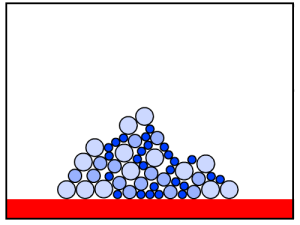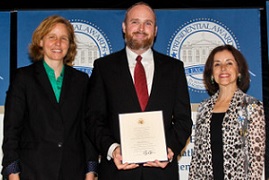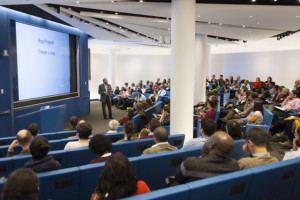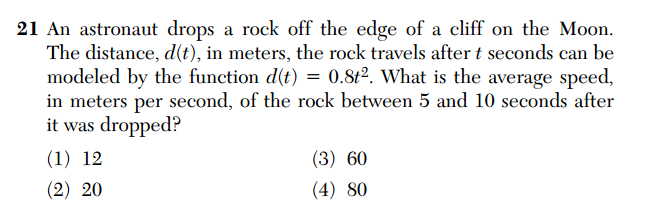For a political science professor, Andrew Hacker is surprisingly familiar to math teachers. His 2012 New York Times Op-Ed “Is Algebra Necessary?” generated lots of conversation in the math education community, including several pieces from me: “N Ways to Use Algebra With the New York Times” in NYT Learning, and “Replace Algebra with Algebra?”.
Professor Hacker is back in 2016 promoting a new book, and in a recent NYT interview he revives his anti-math arguments from four years ago: math is not really necessary for jobs; it’s too hard; it prevents students from graduating.
I saw the piece and didn’t feel the need to respond. There was nothing new, and I’d said what I wanted to say here.
But I was pleasantly surprised when I saw this letter-to-the-editor, written by a high school student, published in the February 19th edition of the New York Times.
In “Who Needs Math? Not Everybody” (Education Life, Feb. 7), Andrew Hacker, who teaches quantitative reasoning at Queens College, says that since only 5 percent of people use algebra and/or geometry in their jobs, students don’t need to learn these subjects.
As a high school student, I strongly disagree.
The point of learning is to understand the world. If the only point of learning is job preparation, why should students learn history, or read Shakespeare?
And while your job may never require you to know the difference between a postulate and a theorem, it will almost certainly require other math-based skills, like how to prove something or how to understand a graph.
And my surprise turned to delight when I realized that the author is a 9th grader in my Geometry class!
While her love of mathematics and her wonderful attitude toward learning certainly predate my Geometry course, I am very proud to see reflections of our classroom in her letter.
You can read the full text of her letter here.
Related Posts
- Why Are We Listening to Andrew Hacker?
- Replace Algebra With … Algebra?
- N Ways to Apply Algebra With the New York Times




